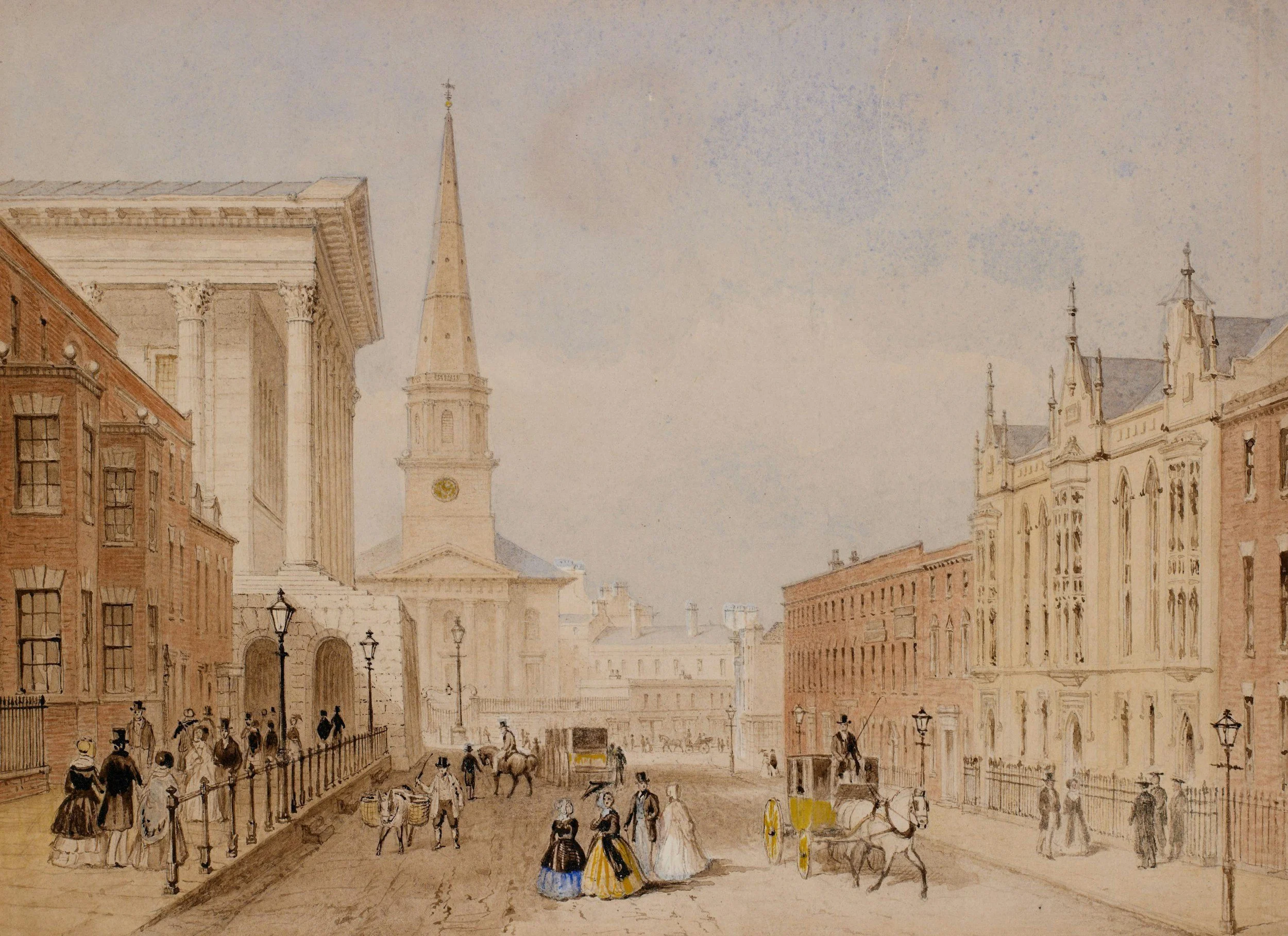
Accountability in the Commons
There are several bodies and documents which hold MPs to account:
A code of conduct which sets the rules MPs have to follow (MPs are also meant to follow a behaviour code.)
The parliamentary commissioner for standards, who carries out investigations into breaches of the rules and recommends sanctions to the Committee on Standards
The Commons Standards Committee which oversees the commissioner and decides sanctions in more serious cases
An independent complaints scheme for cases of bullying, harassment and sexual misconduct (which is separate the Standards Committee.)
A separate process for complaints about MPs’ expenses through a body named ‘IPSA’
Ministerial standards are governed by different rules and processes, including the ministerial code and the independent adviser on ministerial interests.
What are the rules that MPs have to abide by?
The Code of Conduct was originally approved in 1996 and, in theory, is reviewed every Parliament. However, this is somewhat aspirational and doesn’t always happen: most recent iteration was agreed in 2023. The Code incorporates other things as well as the Nolan Principles: broad rules of conduct, more detailed rules on interests, Behaviour Code, information about the Oath of allegiance to the King and a Guide to the Rules which explain how the Code should be interpreted.
The Code applies to all Members in all aspects of their public life but does not seek to regulate what members do in their purely private/personal lives. The Behaviour Code which now applies to MPs, does now cover issues of bullying, harassment and sexual misconduct.
The Code of Conduct does not regulate how MPs deal with constituents or set minimum standards of performance as an MP – this is to ensure that complaints cannot be raised by constituents who are unhappy with the way their MP has voted, or don’t like an EDM their MP has tabled. Although many complaints are made to the Commissioner along these lines, they are all rejected straight away.
The Code of Conduct is inspired and informed by the Seven Principles of Public Life, set by the Committee on Standards in Public Life (selflessness, integrity, objectivity, accountability, openness, honesty and leadership). The Code of Conduct sets rules on handling conflicts of interest, registering and declaring interests and prohibits MPs from accepting any bribe to influence their conduct as MPs. The Guide to the Rules relating to the Conduct of Members sets out “in more detail what is required of Members in order to abide by the Code”. MPs also have to observe the principles (of respect, professionalism, understanding others’ perspectives, courtesy and acceptance of responsibility) set out in the parliamentary Behaviour Code.
The Behaviour Code is as follows:
· Whether you are a visitor or working in Parliament at Westminster or elsewhere, there are clear guidelines in place on how you should be treated, and how you should treat others:
· Respect and value everyone – bullying, harassment and sexual misconduct are not tolerated If you have experienced bullying, harassment or sexual misconduct, you are encouraged to report it and/or seek support
· Recognise your power, influence or authority and don’t abuse them
· Think about how your behaviour affects others and strive to understand their perspective
· Act professionally towards others
· Ensure Parliament meets the highest ethical standards of integrity, courtesy and mutual respect
· Speak up about any unacceptable behaviour you see
Who investigates complaints about MPs’ conduct?
Who investigates complaints about MPs’ conduct?
The Parliamentary Commissioner for Standards is responsible for conducting investigations into breaches of the code of conduct. They cannot investigate any alleged misconduct in the Commons chamber, complaints about an MP’s views or opinions, the way an MP handles casework or the misuse of parliamentary expenses.
The commissioner is an independent officer of the House of Commons, appointed by MPs following nomination by the House of Commons Commission (a committee, led by the Speaker, which is responsible for the administration of the Commons). The commissioner reports to the Committee on Standards. The current commissioner, Daniel Greenberg, was appointed for a five-year term in January 2023.
The commissioner begins investigations of their own initiative or in response to complaints or self-referral by MPs. Investigations are conducted on a confidential basis. During the 2022–23 parliamentary session more than 5,600 complaints were made and 14 investigations were launched. The vast majority of complaints were dismissed as out of the scope of the commissioner, with 1,200 concerning conduct in the chamber – a matter for the Speaker – and more than 2,000 being the responsibility of another body.
The Parliamentary Commissioner for Standards is:
Independent
Appointed for five years
In post for five years (non-renewable)
An Officer of the House
Their role is to maintain the Registers, give confidential advice on registration, advise the Standards Committee and individual Members on the Code and on propriety, monitor the Code and Registers and make recommendations to the Committee, and conduct investigations.

